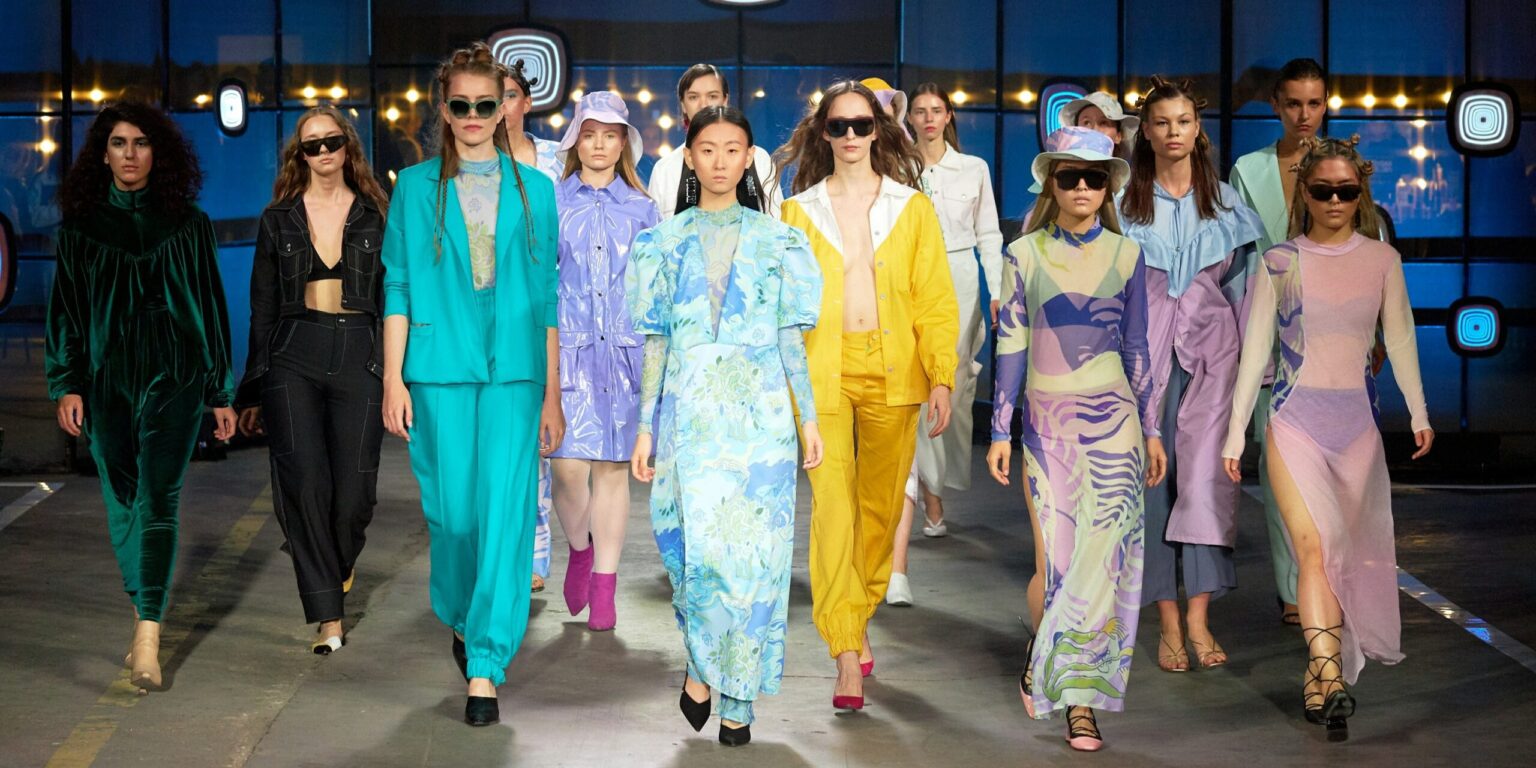As the fashion industry continues to grapple with its environmental impact, July 2025 marks a significant shift toward sustainability, driven by legislative actions, innovative design practices, and evolving consumer preferences.In a landmark move, the French Senate approved a bill on June 10, 2025, aimed at regulating the ultra-fast fashion industry, specifically targeting major e-commerce platforms like Shein and Temu. The legislation introduces an “eco-score” system, imposing taxes of up to €5 per product in 2025, escalating to €10 by 2030, for companies with poor environmental performance. Additionally, the bill bans advertising by ultra-fast fashion retailers and mandates sustainability disclosures, reflecting France’s commitment to curbing the environmental and economic consequences of mass-produced, low-cost clothing .
Designers worldwide are increasingly adopting sustainable materials and ethical production methods. Dutch couturier Iris van Herpen’s “Sympoiesis” collection features garments made from alternative materials such as banana leaves, cocoa beans, and bioluminescent algae. A standout piece is a wedding dress crafted using Brewed Protein™, a bio-based textile developed by Japanese biotechnology firm Spiber, showcasing the potential of lab-grown proteins in fashion .
Similarly, luxury brand Loewe has introduced textiles made from orange peels, developed in collaboration with textile R&D company Pyratex and eco-fabric pioneer Orange Fiber. These innovative fabrics not only reduce waste but also offer benefits like UV protection and moisture-wicking properties, aligning fashion with environmental consciousness .
Consumers are increasingly prioritizing transparency and sustainability in their fashion choices. Brands like Veja and Isto are responding by organizing field trips to farms and production sites, allowing customers to engage directly with the raw materials and processes behind their garments. These immersive experiences aim to bridge the knowledge gap between brands and consumers, fostering trust and promoting ethical decision-making .
Moreover, the popularity of sustainable shoe brands is on the rise. Brands such as Dear Frances, Flattered, and Ancient Greek Sandals are gaining attention for their commitment to eco-friendly materials, transparent production processes, and timeless designs, reflecting a shift towards conscious consumerism .
July 2025 also sees the emergence of several sustainable fashion trends. Linen blazers, favored for their breathability and relaxed elegance, are becoming a staple in summer wardrobes. These garments, made from sustainable fabric blends like linen and lyocell, are praised for their versatility and eco-conscious appeal.
Additionally, the concept of zero-waste fashion is gaining traction, with designers focusing on eliminating textile waste during production. This approach involves creating garments through pattern-cutting processes that utilize the entire fabric, minimizing waste and promoting sustainability .
As the fashion industry continues to evolve, the integration of sustainable practices, innovative materials, and consumer-driven transparency is shaping a more environmentally responsible future.
